Dhaka, Jan 16 (V7N)- As part of the broader goal of state reform following the fall of the Sheikh Hasina government, four key reform commissions, including those on constitutional and electoral matters, have submitted their recommendations to the Chief Advisor. The proposals, aimed at creating a new political framework, include a bicameral legislature, limitations on the Prime Minister's powers, and changes to the electoral system. However, the recommendations have drawn mixed reactions from political analysts and experts.
Key Recommendations and Reactions
-
Bicameral Legislature and Power Balance
- Proposal: Establish a bicameral legislature, reduce the Prime Minister's exclusive powers, and introduce an interim government during elections.
- Feedback:
- Dr. Hossain Zillur Rahman, a former caretaker government advisor, emphasized the need for clarity on how elections for the two chambers would be conducted and the eligibility criteria for candidates.
- Concerns were raised about the operational framework of the bicameral system, which remains ambiguous.
-
Government Term Length
- Proposal: Reduce the parliamentary term from five years to four years.
- Feedback:
- Economist Professor Dr. Mahbubullah argued that four years is insufficient for showcasing development initiatives in a developing country. He recommended maintaining the five-year term to ensure stability and progress.
-
Prime Ministerial Term Limits
- Proposal: Restrict individuals to two terms as Prime Minister and prohibit one person from simultaneously holding the roles of party leader, parliament leader, and head of government.
- Feedback:
- Dr. Mahbubullah supported term limits, noting that prolonged tenure could lead to authoritarian tendencies.
-
Election Reforms
- Proposal: Bar individuals convicted by the International Criminal Tribunal from contesting elections or holding party positions.
- Feedback:
- This proposal received broad support. Dr. Hossain Zillur Rahman highlighted the universal acceptance of keeping convicted individuals out of the electoral process.
-
Youth Representation in Politics
- Proposal: Set the minimum age for candidacy at 21 years and allocate a 10% quota for youth in party nominations.
- Feedback:
- Analysts expressed skepticism about the feasibility and impact of these recommendations.
- Dr. Zillur Rahman questioned the purpose of lowering the minimum candidacy age, warning that it might lead to controversy. He suggested taking a more inclusive approach to empower youth rather than favoring a select few.
- Dr. Mahbubullah noted that most students complete their master’s degrees by 23, making the 21-year age threshold impractical.
Next Steps and Recommendations
Experts like Dr. Mahbubullah and Dr. Zillur Rahman suggested that while the recommendations provide a foundation for state reform, implementing them will require careful consideration of the country’s realities. They also emphasized the importance of holding elections promptly to maintain political stability and public confidence.
The reforms have sparked critical discussions, underscoring the challenges and opportunities in building a reformed, balanced political system.
END/MSS/AJ



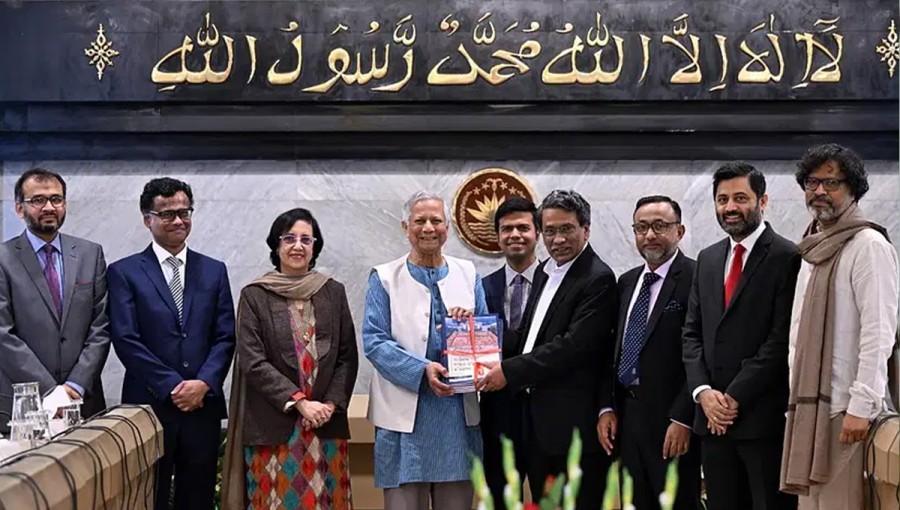
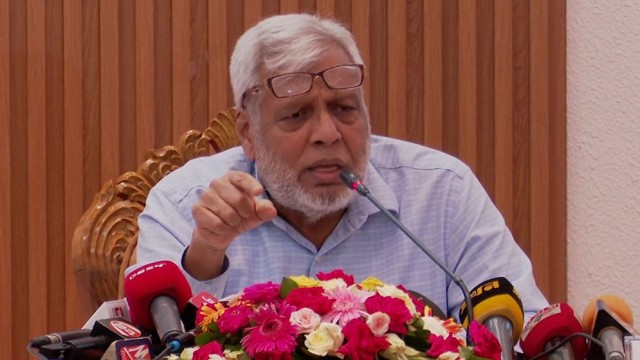
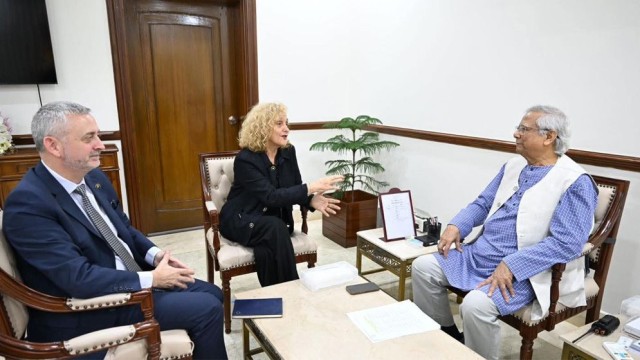
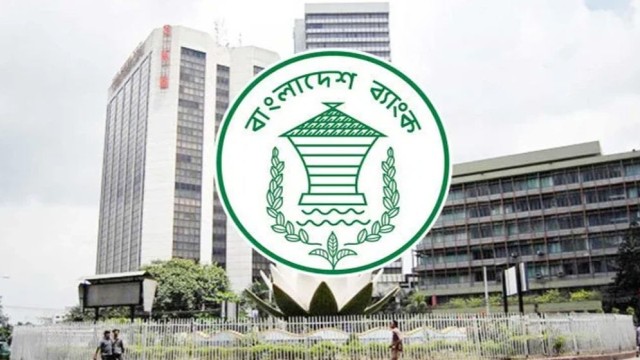

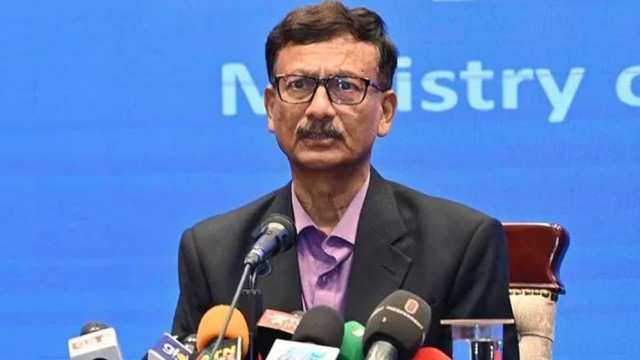
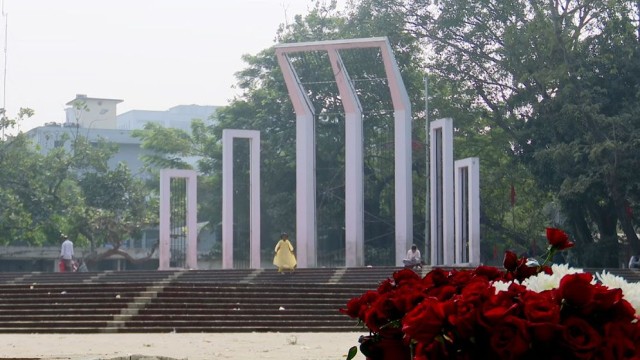
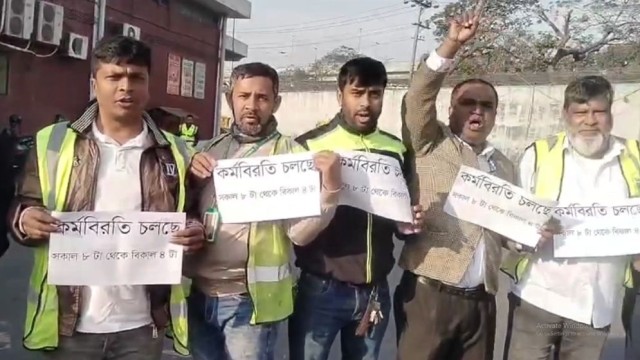
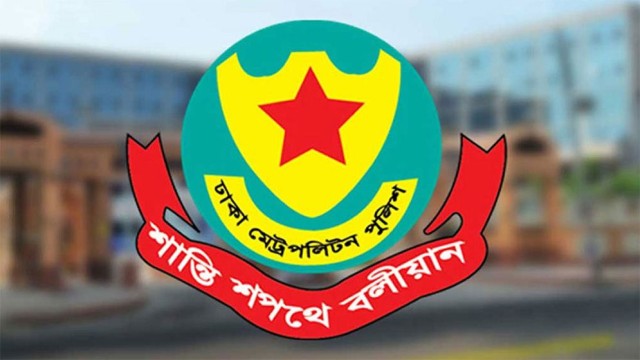
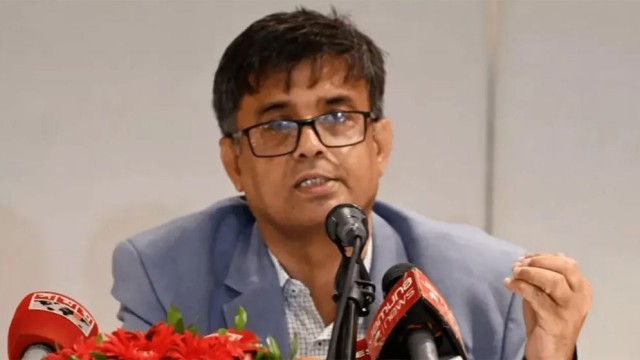
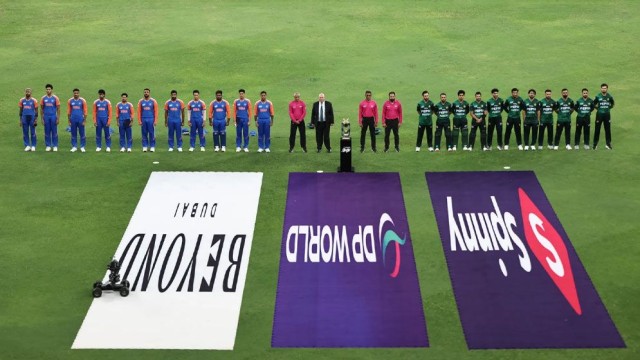
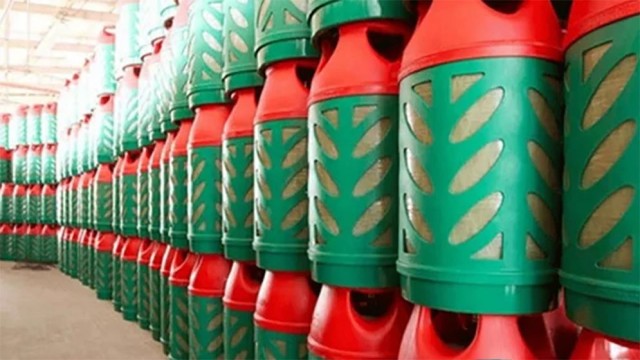
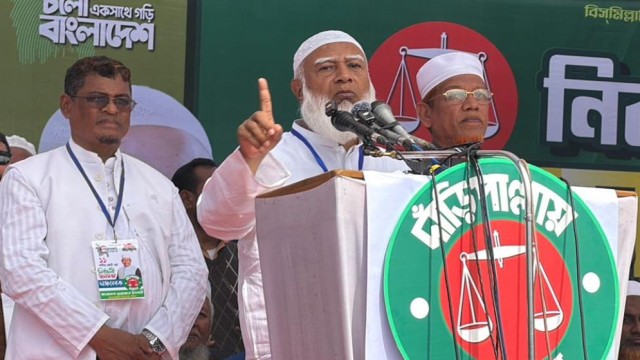
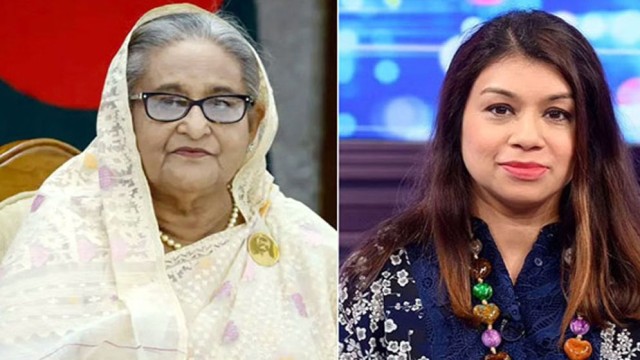
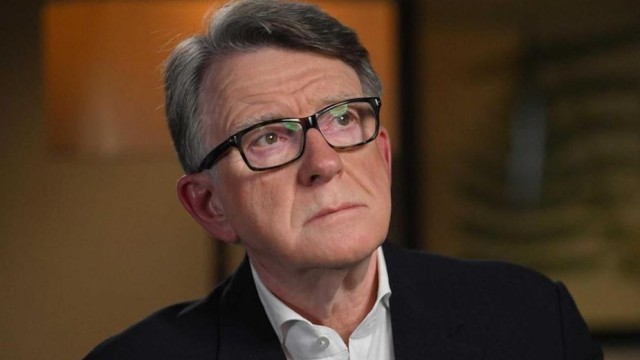




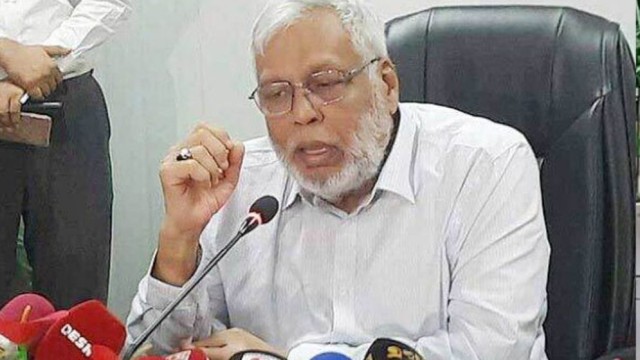


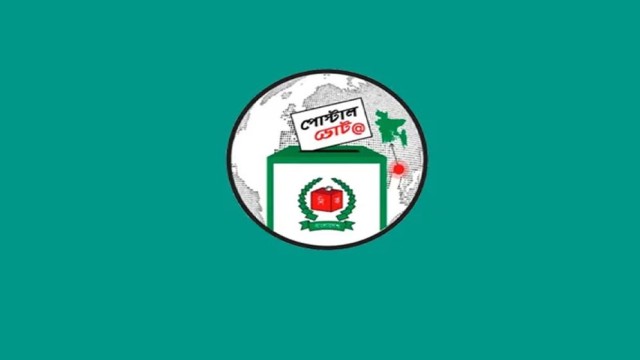

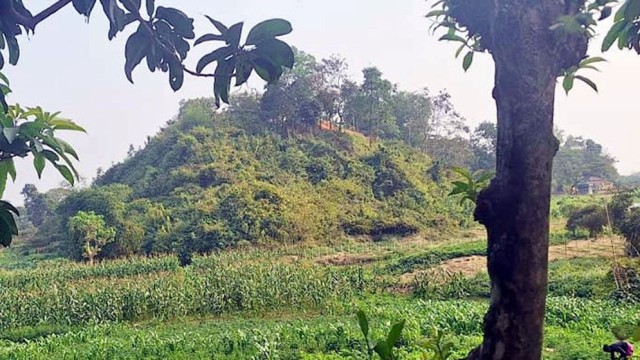


Comment: